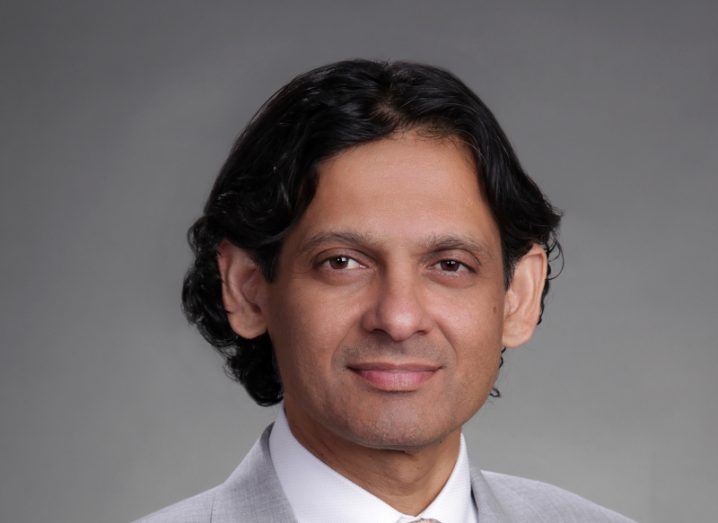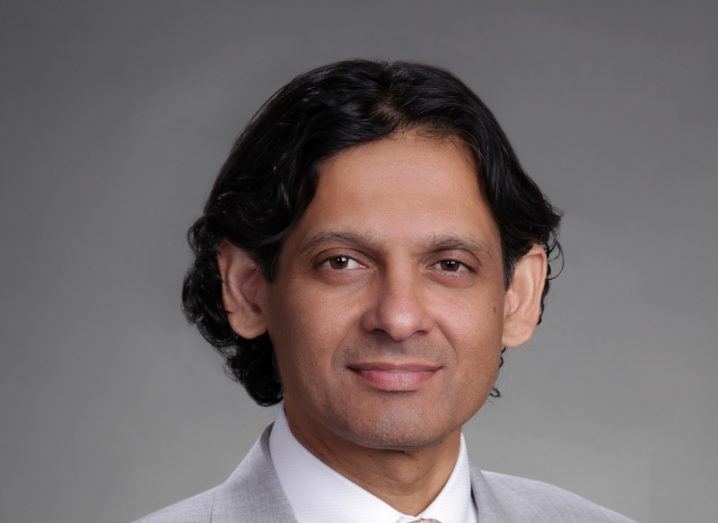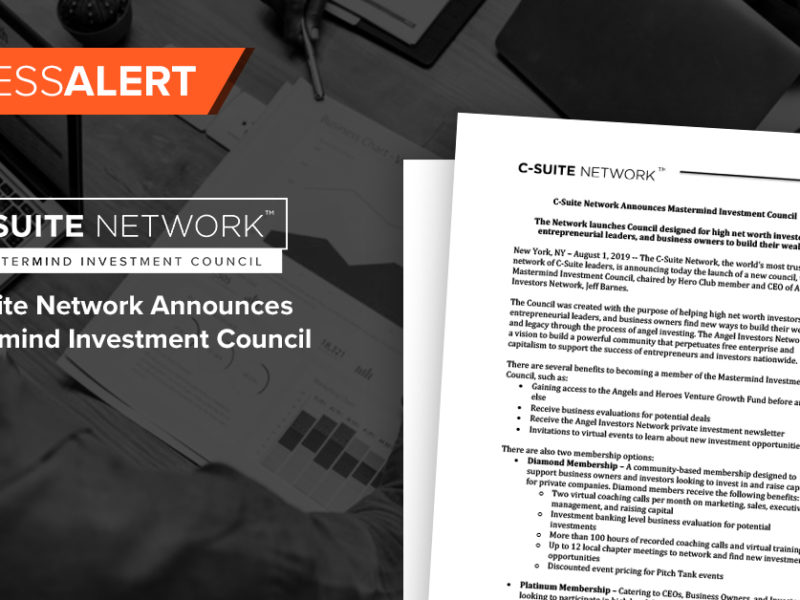
State Street CTO: ‘Blockchain is one of my biggest investment areas’
State Street CTO: ‘Blockchain is one of my biggest investment areas’ https://csuiteold.c-suitenetwork.com/wp-content/uploads/2018/03/state-street-cto-blockchain-is-one-of-my-biggest-investment-areas.jpg 718 523 C-Suite Network https://csuiteold.c-suitenetwork.com/wp-content/uploads/2018/03/state-street-cto-blockchain-is-one-of-my-biggest-investment-areas.jpg
State Street CTO Moiz Kohari explains that investments in digital real-time latency, data science and blockchain are at the top of his agenda.
Prior to joining State Street in 2016, Moiz Kohari was executive vice-president and head of global technology innovation at the London Stock Exchange Group.
Kohari is responsible for blockchain, cognitive computing and low-latency initiatives across all State Street companies.
‘We are talking about data in hundreds of petabytes, which is reasonably significant and, as you can imagine, some of the most critical data on the planet’
– MOIZ KOHARI
This includes driving advance research for the entire trading life cycle, starting from pre-trade and trade components to post-trade technologies related to clearing and settlement.
From 2005 to 2011, he worked with Novell as vice-president of engineering and then as CTO.
He was also the founder and CEO of Mission Critical Linux.
State Street, founded in 1792, is the second-oldest financial institution in the US. It employs more than 33,000 people worldwide and has more than $2.4trn under management and $28trn under custody and administration.

Can you outline the breadth and scope of the technology roll-out across your organisation and what improvements it will bring to the company?
We run a significant portion of the financial business from a back-office, accounting services perspective, and most of these systems were created years ago running on top of legacy, proprietary infrastructure on top of mainframes, and systems like that.
This is no different from almost any other financial institution on the planet.
As we look at that, we find that, given the richness of that data we have available – the type of transactional overall capabilities that move through State Street, which are very unique to us – we find that leveraging and driving intelligence and implications with regards to market movements and other things like that, it is very difficult to drive that level of intelligence from the systems that we have present today.
This is because these systems are operating in different silos, and the data is in multiple silos. So, in order to get a holistic view of that data, you have to really propagate through many, many different systems and, as you start to do that, the challenge of pulling that data together to be able to analyse it is extremely large.
And it puts a lot of stress on the system, so you are unable to actually do the type of analytics that you want to do.
So, in order to evolve our organisation to be able to compete in this new digital world, we believe it is absolutely critical and necessary to update and enhance our platforms to be able to take advantage of open platform technologies; all the way from the hardware that you run the operating systems on top of to creating a microservices-based architecture, which allows you to break down all of the different services you provide in a granular fashion.
So, you can now start to take these services and create macroservices off of those microservices.
By doing that, you are creating reusable architecture.
With…

![[Exclusive] Samsung close to developing 5G phone: SKT CTO](https://csuiteold.c-suitenetwork.com/wp-content/uploads/2021/12/CTA-btn-5c-300x127.jpeg)
![[Exclusive] Samsung close to developing 5G phone: SKT CTO](https://csuiteold.c-suitenetwork.com/wp-content/uploads/2022/02/CTA-btn-5c-white-300x127.jpeg)

